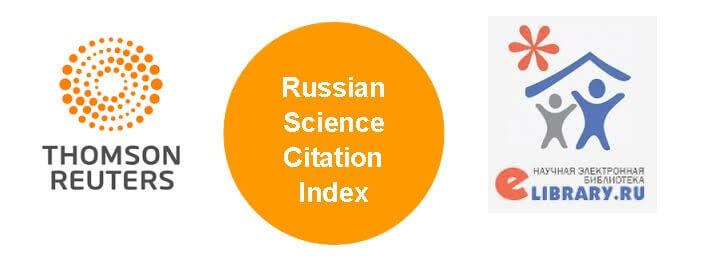Information evaluation of the chemical analysis method
Abstract
Analytical chemistry is distinguished by a plurality of variants of the analysis of elements and substances. The article deals with the principle of choosing the most effective and cost-effective method of analysis. The objective of this publication is to present the stages of the analytical process from the point of information theory, discuss the possibility of quantitative evaluation of a particular method of analysis and comparative analysis of the analysis methods.
From the point of view of the information theory, the stages of the analytical process include the analysis of samples as a special case of the information source, the selection operations as a special case of the preliminary transformation, the measurement as a special case of coding, comparison with the standard as a special case of decoding. It is important to pay attention to the fact that at all stages of the transmission of information possible random errors, in the noise, and systematic errors. For the relative evaluation of the information of the two methods, we propose an equation in which the relative amount of information is a product of factors characterizing the comparison of the times of the two methods, their resolution and precision. As an example, examined the comparative information content of methods for the determination of cations of alkali metals in solution using ionic chromatography and classical ion exchange chromatography. The calculation of the ratio of the values of the information obtained by these methods gave a value of 4000.
For a real assessment of the choice of an effective method of analysis, profitability should be calculated as the ratio of the amount of information to the cost of the device, reagents and others
Downloads
References
2. Kaiser H., In. Proc.XIV. Collqu. Spectrosc. Imternat. Debrezen, 1967, A.3, pp. 77.
3. Shannon C.E., Bell. System Tech.J., 1948, Vol. 27, pp. 370-423, 623-656.
4. Doerffel K., Hildebrandt W., Wiss. Z. Tech. Hochsch. Leuna-Merseburg, 1969, Bd. 11, зpp. 30.
5. Eckschlager K., Collect. Czech. Chem. Commun, 1971, Bd.36, pp. 3016.
6. Danzer K., Z. Chem, 1973, Bd. 13, pp. 20.
7. Eckschlager K., Danzer K. Information Theory in Analytical Chemistry, 1994, John Wiley&Sons, 263 p.
8. Marhol M. Ion Exchangers in Analytical Chemistry. Academia, Prague, 1982. 545 p.






